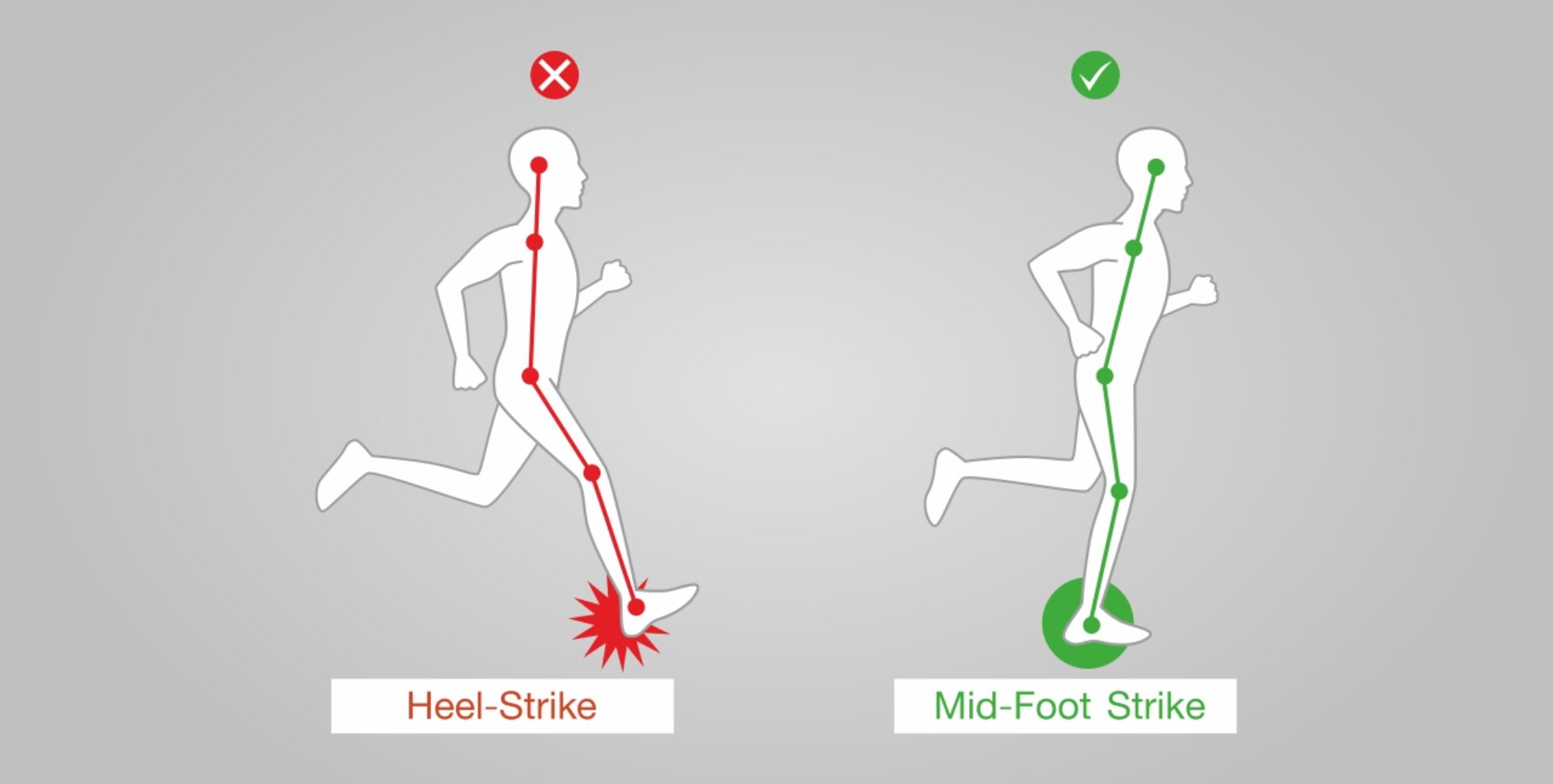Running is a great way to get in shape, improve your cardiovascular health, and reduce stress. It’s also a relatively inexpensive and accessible form of exercise, as all you need is a pair of running shoes and a safe place to run.
If you’re new to running, it’s important to start slowly and gradually increase your distance and intensity over time. This will help to prevent injuries and ensure that you have a positive experience.
Here are some tips for getting started with running:
- Set realistic goals. Don’t try to run a marathon your first week. Start by setting a goal to run for 10 minutes without stopping. Once you can do that, gradually increase your running time by a few minutes each week.
- Find a running buddy. Having someone to run with can help you stay motivated and accountable. It’s also more fun to run with someone else.
- Invest in a good pair of running shoes. Running shoes are essential for preventing injuries. Go to a specialty running store to get fitted for a pair of shoes that are right for your feet and running style.
- Listen to your body. If you’re feeling pain, stop and rest. Don’t push yourself too hard, especially when you’re first starting out.

Here is a sample running plan for beginners:
- Week 1: Walk for 5 minutes, then run for 5 minutes, alternating for a total of 30 minutes.
- Week 2: Walk for 4 minutes, then run for 6 minutes, alternating for a total of 30 minutes.
- Week 3: Walk for 3 minutes, then run for 7 minutes, alternating for a total of 30 minutes.
- Week 4: Walk for 2 minutes, then run for 8 minutes, alternating for a total of 30 minutes.
- Week 5: Run for 10 minutes without stopping, then walk for 2 minutes, alternating for a total of 30 minutes.
Once you can run for 10 minutes without stopping, you can start to increase your distance and intensity gradually. You can also start to add in longer runs and interval workouts.
Here are some additional tips for running beginners:
- Warm up before you run. A good warm-up will help to prepare your body for exercise and reduce your risk of injury. Start with some light cardio, such as walking or jogging, followed by some dynamic stretches.
- Cool down after you run. A cool-down will help your body to recover from exercise. Start with some light cardio, followed by some static stretches.
- Stay hydrated. It’s important to drink plenty of water before, during, and after your runs.
- Listen to your body. If you’re feeling pain, stop and rest. Don’t push yourself too hard, especially when you’re first starting out.
Running is a great way to get in shape and improve your overall health. By following these tips, you can start running safely and effectively.
Here are some additional tips for beginners:
- Find a running route that you enjoy. Running is more enjoyable if you’re running in a place that you like. Look for a route that has a variety of scenery and that is safe for runners.
- Run at a pace that is comfortable for you. Don’t try to run too fast, especially when you’re first starting out. You should be able to talk in complete sentences while you’re running.
- Take breaks when you need to. There is no shame in taking a break to walk or catch your breath.
- Don’t be afraid to ask for help. If you have any questions or concerns about running, talk to a doctor, running coach, or experienced runner.
Running is a great way to get in shape and improve your overall health. By following these tips, you can start running safely and effectively.

